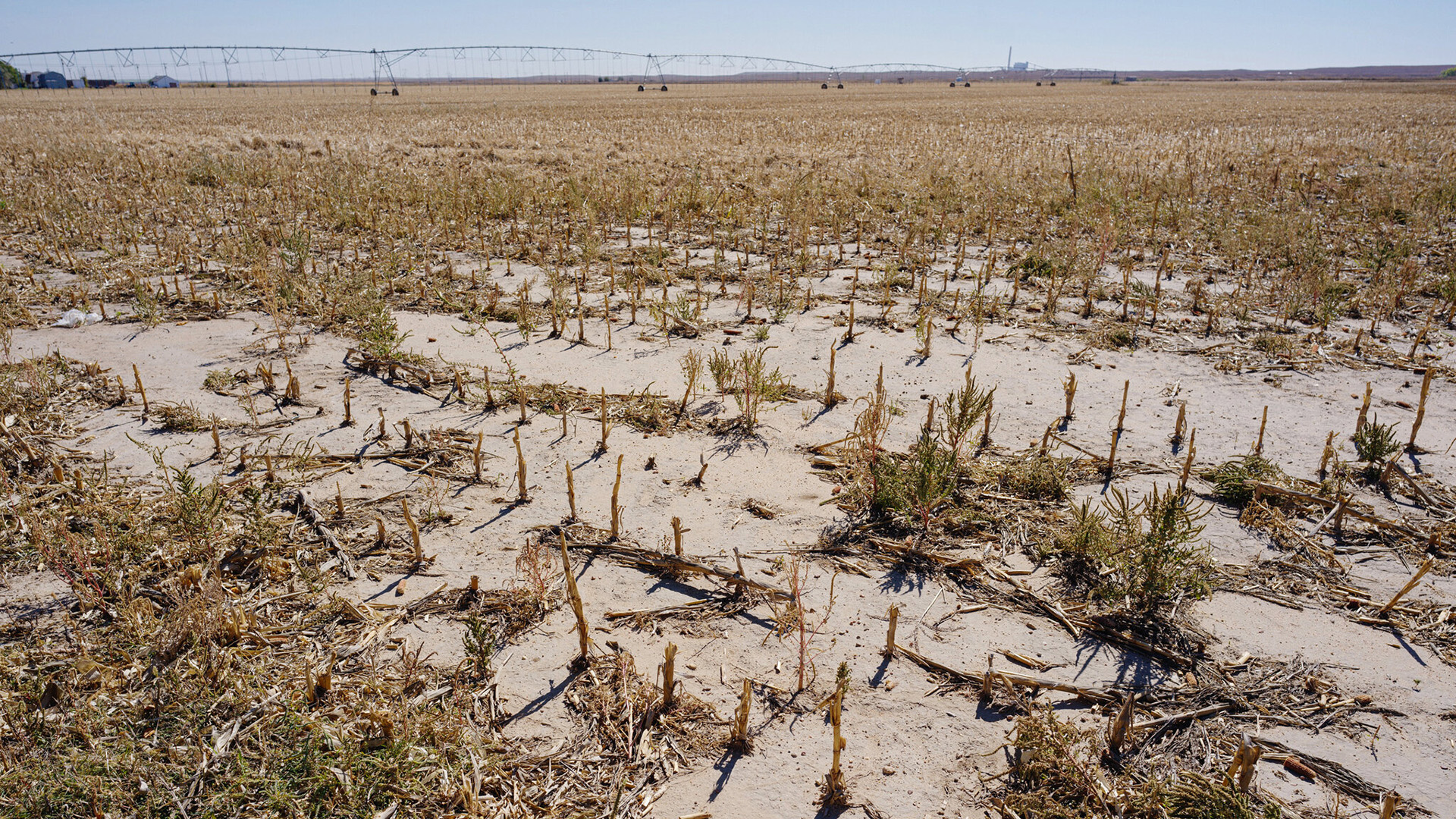


The New York Times , 2024
Author(s): Staff
In an era when natural resources are growing increasingly scarce due to human behavior, a team of reporters at The New York Times produced “Uncharted Waters,” a first-of-its-kind series focusing on how U.S. water has been overused, stolen and poorly regulated. The series investigates the depletion of America’s aquifers, which account for about 90% of U.S. groundwater. The project then looks at the ramifications this holds for the country.
The Times team collected and analyzed data from groundwater monitoring wells across the nation. The reporters found rapidly-depleting water levels in widening swaths of the U.S., disorganized and non-uniform measures for tracking this data, data entangled in varying governmental jurisdictions and scant regulation of this natural resource.
To bring this story to life, the reporters interviewed scientists, water experts and policymakers. The team gathered data and built a national database with groundwater depth measurements, cross-referencing levels across the decades with crop cover and population patterns.
The Times analyzed the types of crops consuming that water, such as potatoes that are optimal for making french fries, and companies and industries with a vested interest in certain crops. The reporters investigated methods of accessing water, including “monster fracks.” This kind of fracking uses new drilling techniques which require substantially more water than typical fracking projects. The team revealed closed-door dealings that led to insufficient protective legislation for water, like those between Maine lawmakers and BlueTriton, Poland Spring’s parent company.
The series covered strong-arming by lobbyists, combed through legislation in all 50 states regarding protection of groundwater, detailed varying types of irrigation, examined the toll alternate fuels such as corn ethanol would take on groundwater and explored how a tax on groundwater in California led to lower amounts of consumption.
The Times produced a meticulous account of the cost of unchecked water consumption, an environmental concern that continues to grow.
Article by: Leyla Shokoohe

Excellence in Environmental Reporting is named in honor of Edward W. “Ted” Scripps II. Early in his career, Ted worked as a reporter for United Press and Scripps Howard newspapers in Denver and San Francisco. Ted also served as a vice president and secretary of The E.W. Scripps Company. He was a conservationist with interests in environmental issues and changing technologies in the communications industry.